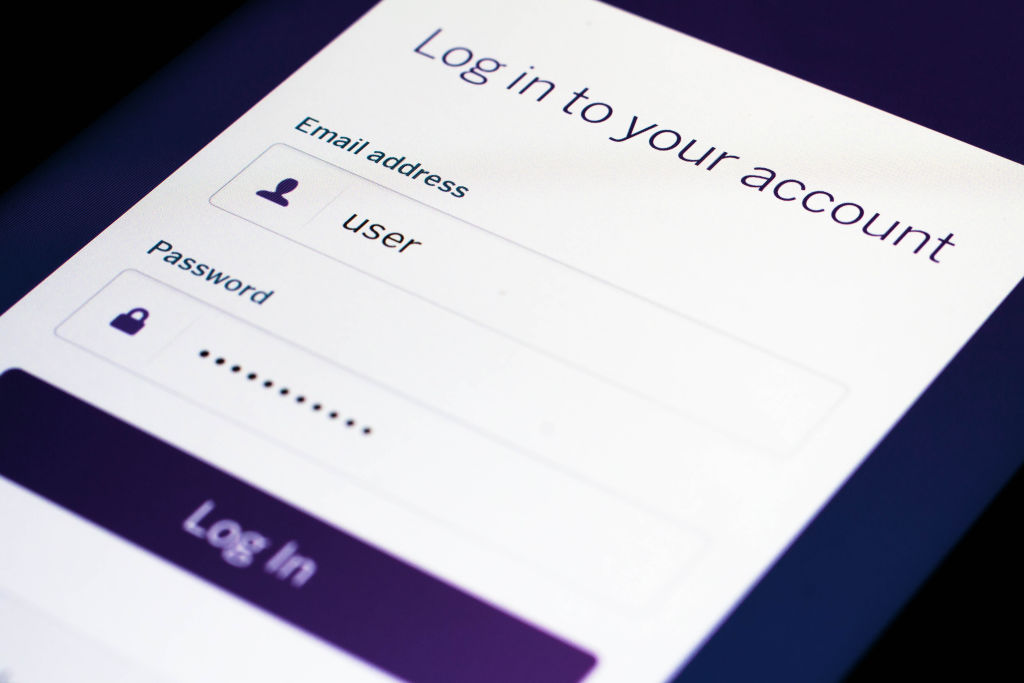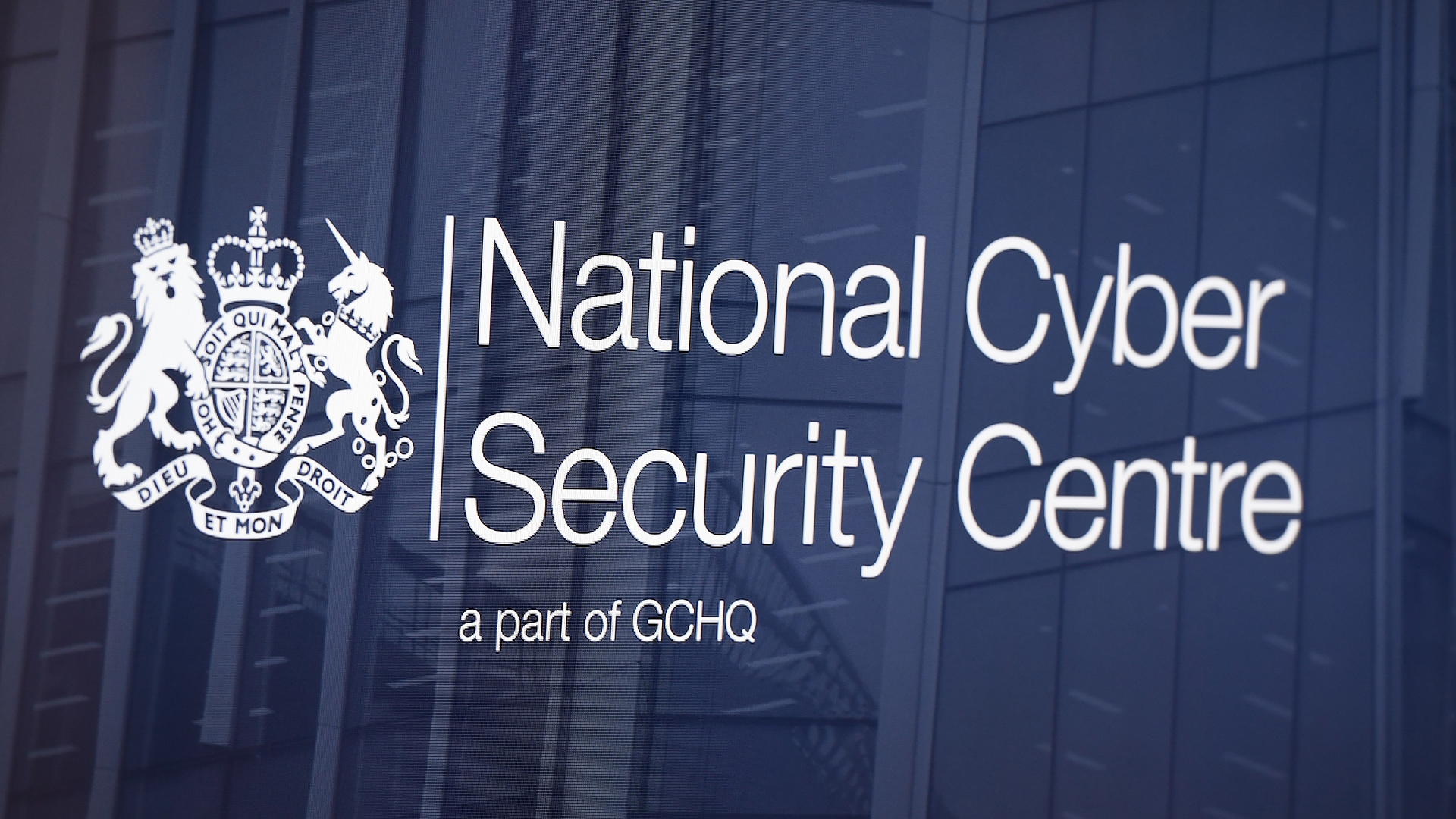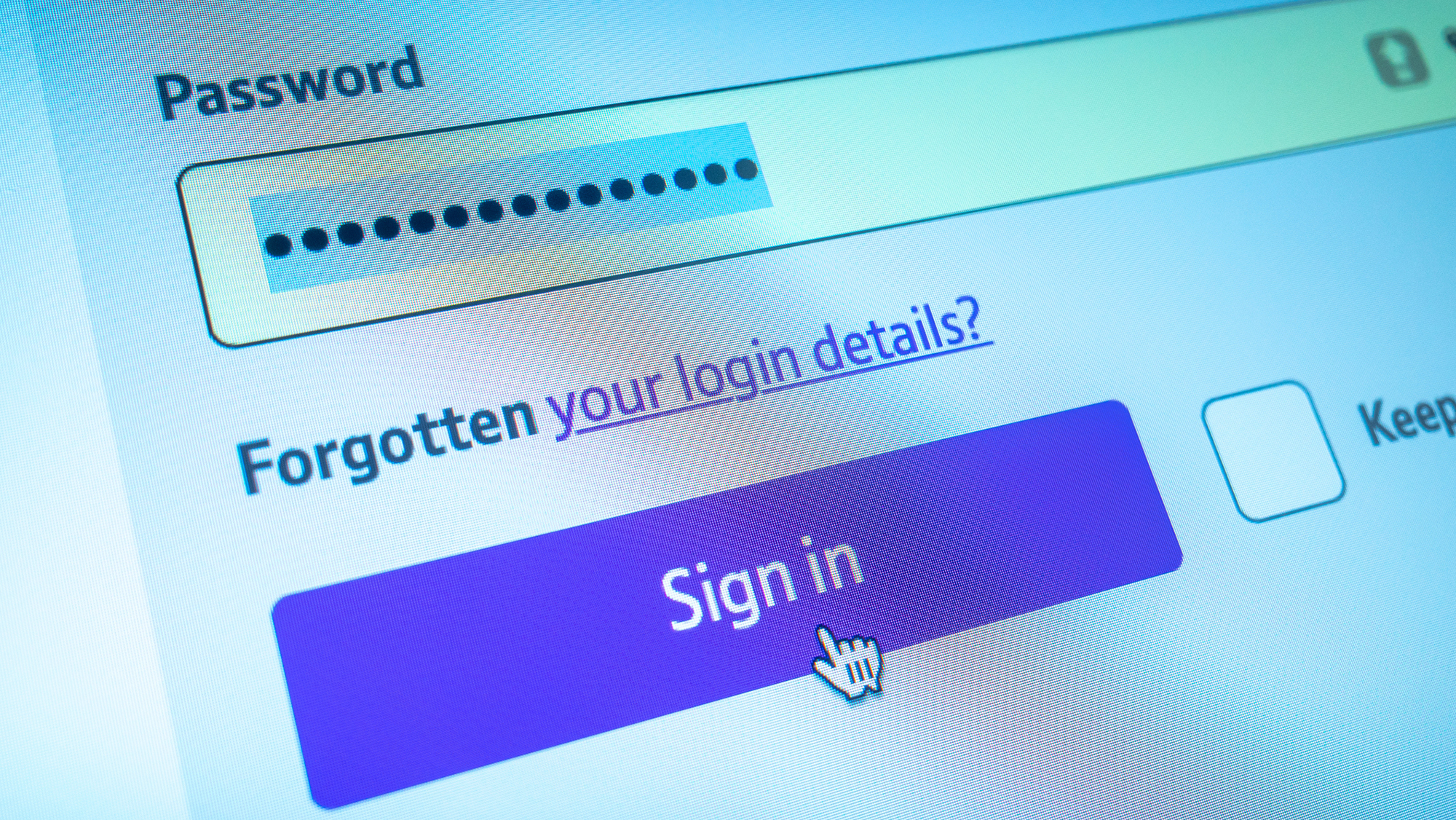Struggling with mandatory password change policies? Here's the most effective way to get stubborn employees to comply
The study involved monitoring email reminders and login prompts sent to almost 10,000 faculty and staff members


A team of university computer scientists has analyzed the messaging for a campus-wide mandatory password change in what is considered the first study of its kind to look at effective communications around password policies.
Researchers at the University of California San Diego teamed up with the campus’ Information Technology Services team to analyze the messaging for a campus-wide mandatory password change affecting almost 10,000 faculty and staff members.
They believe this is the first time that an empirical analysis of a mandatory password update has been conducted on this large a scale and in the wild, rather than as part of a simulation or controlled experiment.
Over the first four weeks of the campaign, faculty and staff at UC San Diego received four emails at roughly weekly intervals prompting them to change their single sign-on password. Those who still failed to act then got a prompt to do so as they logged in.
The emails were considered to be generally effective, with between 5% and 15% of users updating their passwords during each wave of emails. However, there were diminishing returns: even after four email prompts, a quarter of users still hadn't completed the update procedure.
Eight out of ten of these reluctant users, though, finally changed their passwords when they were prompted to do so at log-in.
"The active single sign on prompting was a big winner across the board," says the paper’s first author, Ariana Mirian. "You managed to get people who are stubborn – and maybe not paying attention – to take action, and that’s huge."
Get the ITPro daily newsletter
Sign up today and you will receive a free copy of our Future Focus 2025 report - the leading guidance on AI, cybersecurity and other IT challenges as per 700+ senior executives
In what must have come as a relief – and despite concerns from the campus – the campaign did not generate a significant increase in tickets to the IT help desk. While ticket volume did increase by three to four times, tickets related to the password update only represented 8% of all requests.
More on password use
The users who were slowest to carry out the update were those working in areas where they weren't required to log in to their computers regularly, such as maintenance, recreation, and dining services.
"Targeting such users earlier, or forgoing email reminders and using login intercepts from the start, or even using a different notification mechanism such as text messages, may be more effective," the researchers write.
Mandatory password change programs aren't always a good idea, with the UK's National Cyber Security Centre (NCSC) warning that it can be counterproductive. When users are forced to change their password, it says, the chances are that they'll pick something similar to the password they used before.
RELATED RESOURCE

Become more knowledgeable when talking to colleagues about AI
DOWNLOAD NOW
"The new password may have been used elsewhere, and attackers can exploit this too. The new password is also more likely to be written down, which represents another vulnerability," it says.
"New passwords are also more likely to be forgotten, and this carries the productivity costs of users being locked out of their accounts, and service desks having to reset passwords."
Instead, the NCSC recommends using system monitoring tools that present users with information about the last login attempt, so they can see if they’re responsible for failed login attempts and report any issues for investigation.
"Initiatives such as this are far more likely to help keep systems safe, and much more manageable for the user," says the NCSC.
Emma Woollacott is a freelance journalist writing for publications including the BBC, Private Eye, Forbes, Raconteur and specialist technology titles.
-
 Bigger salaries, more burnout: Is the CISO role in crisis?
Bigger salaries, more burnout: Is the CISO role in crisis?In-depth CISOs are more stressed than ever before – but why is this and what can be done?
By Kate O'Flaherty Published
-
 Cheap cyber crime kits can be bought on the dark web for less than $25
Cheap cyber crime kits can be bought on the dark web for less than $25News Research from NordVPN shows phishing kits are now widely available on the dark web and via messaging apps like Telegram, and are often selling for less than $25.
By Emma Woollacott Published
-
 Five Eyes cyber agencies issue guidance on edge device vulnerabilities
Five Eyes cyber agencies issue guidance on edge device vulnerabilitiesNews Cybersecurity agencies including the NCSC and CISA have issued fresh guidance on edge device security.
By Emma Woollacott Published
-
 "Thinly spread": Questions raised over UK government’s latest cyber funding scheme
"Thinly spread": Questions raised over UK government’s latest cyber funding schemeThe funding will go towards bolstering cyber skills, though some industry experts have questioned the size of the price tag
By George Fitzmaurice Published
-
 State-sponsored cyber crime is officially out of control
State-sponsored cyber crime is officially out of controlNews North Korea is the most prolific attacker, but Russia and China account for the most disruptive and tightly-targeted campaigns
By Emma Woollacott Published
-
 Modern enterprise cybersecurity
Modern enterprise cybersecuritywhitepaper Cultivating resilience with reduced detection and response times
By ITPro Published
-
 IDC InfoBrief: How CIOs can achieve the promised benefits of sustainability
IDC InfoBrief: How CIOs can achieve the promised benefits of sustainabilitywhitepaper CIOs are facing two conflicting strategic imperatives
By ITPro Published
-
 The NCSC and FBI just issued a major alert over a state-backed hacker group – here’s what you need to know
The NCSC and FBI just issued a major alert over a state-backed hacker group – here’s what you need to knowNews State-affiliated attackers are targeting individuals via spear-phishing techniques, according to the NCSC
By Emma Woollacott Published
-
 UK's data protection watchdog deepens cooperation with National Crime Agency
UK's data protection watchdog deepens cooperation with National Crime AgencyNews The two bodies want to improve the support given to organizations experiencing cyber attacks and ransomware recovery
By Emma Woollacott Published
-
 The NCSC wants to know how your business is using honeypots to combat hackers
The NCSC wants to know how your business is using honeypots to combat hackersNews The NCSC hopes to encourage the use of cyber deception techniques within the UK, across government and critical national infrastructure
By Emma Woollacott Published
